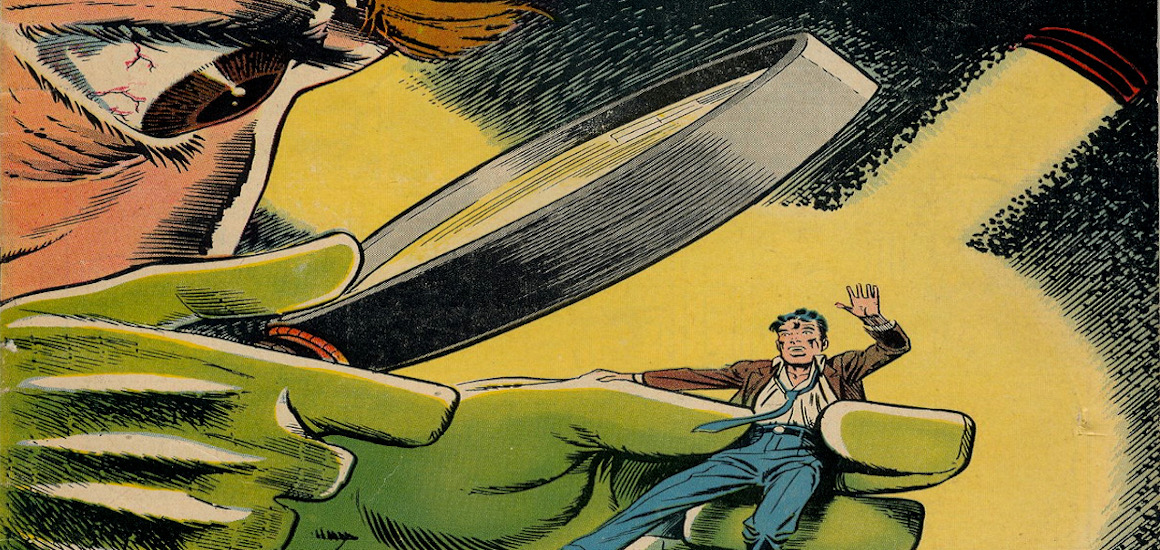After last Friday’s post discussing the issue of fabricated linkbait, I thought I had said everything I needed to on the topic. No one was more surprised than me to see the debate rage on and on over the last seven days, with a number of arguments put forward on both sides. It quickly became apparent that for many, the problem wasn’t merely the fabrication of news for linkbait, but the large number of SEM professionals that applauded the development.
